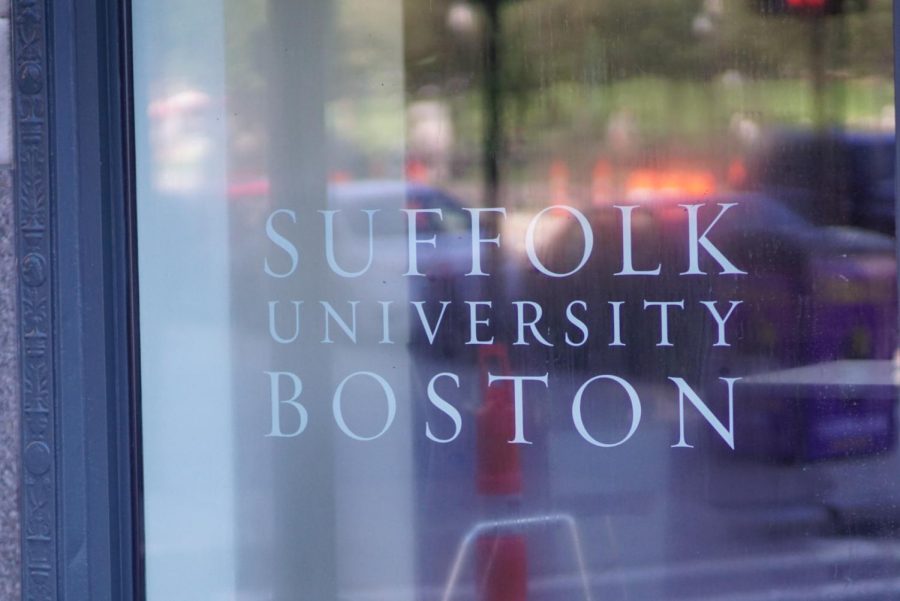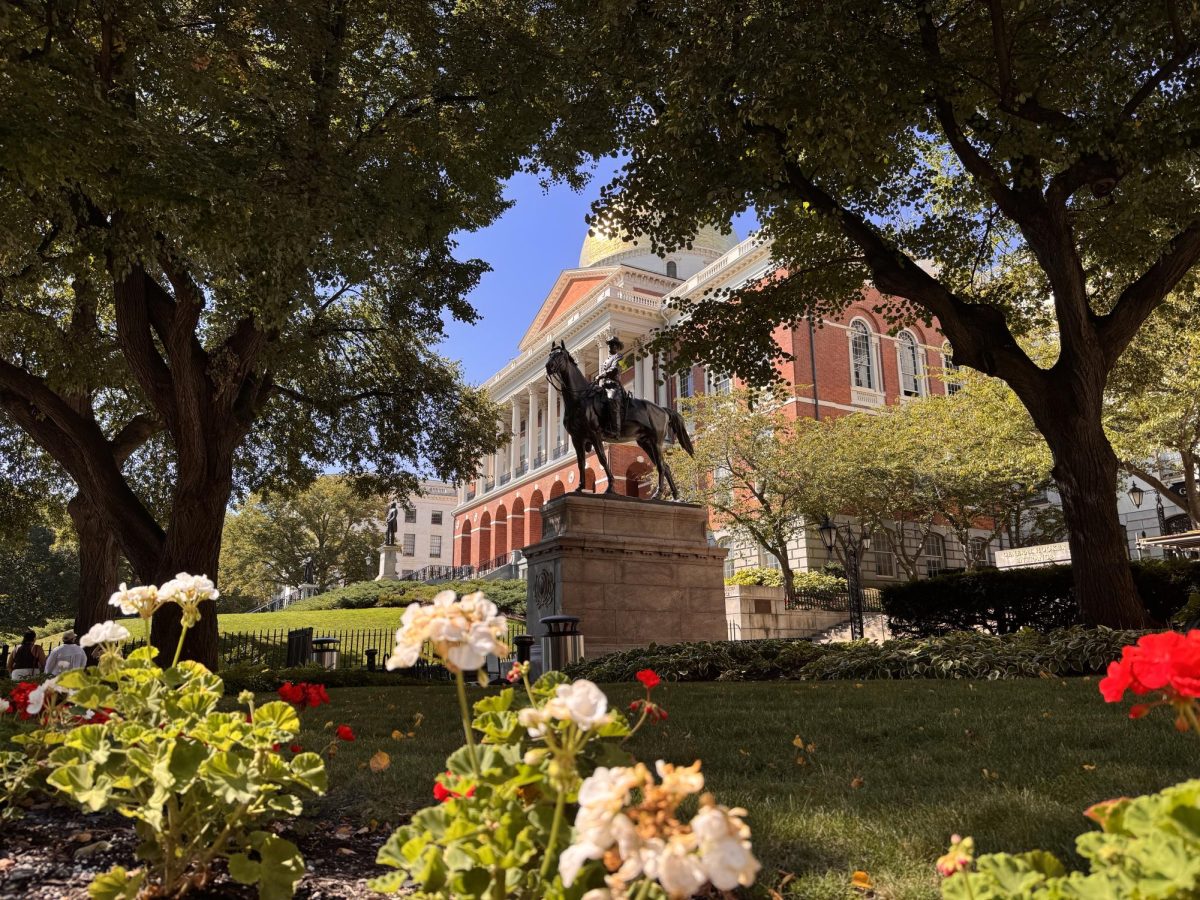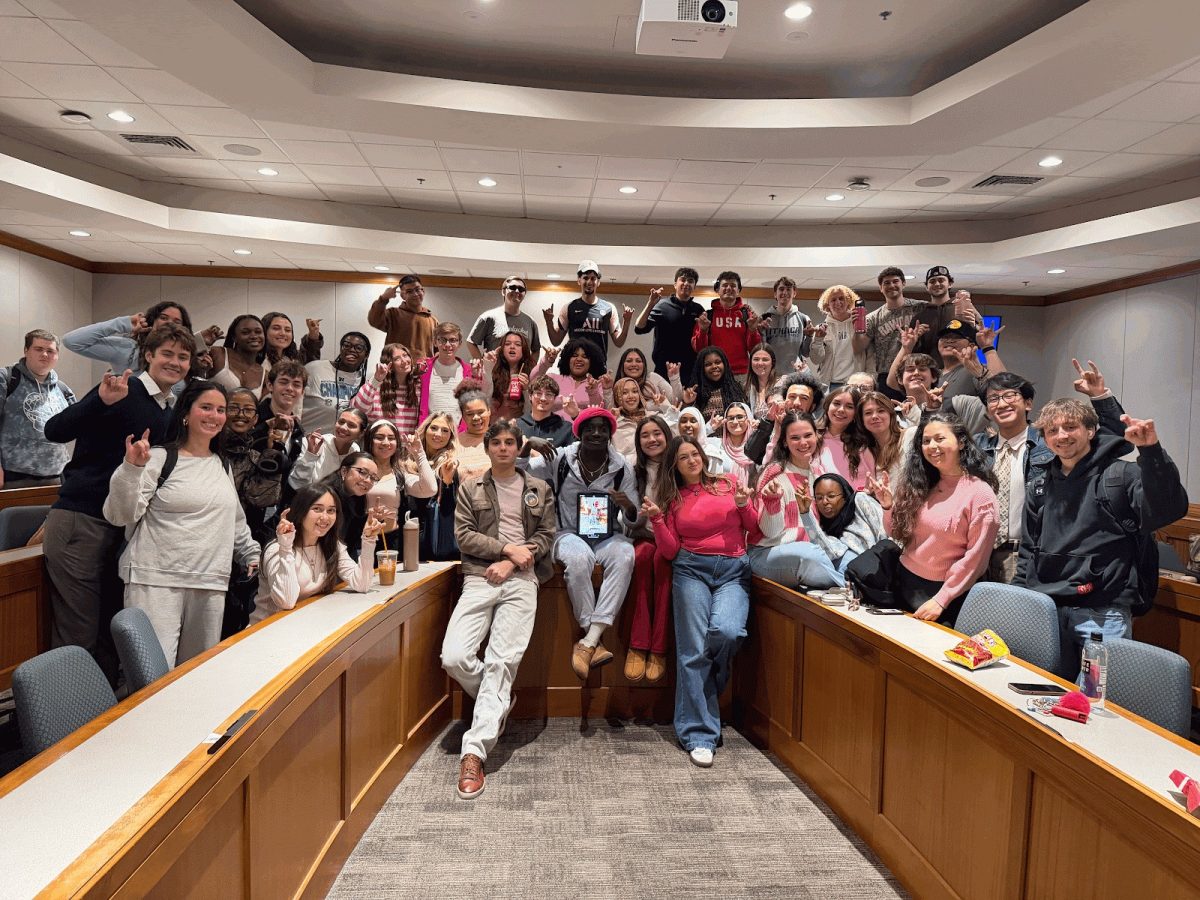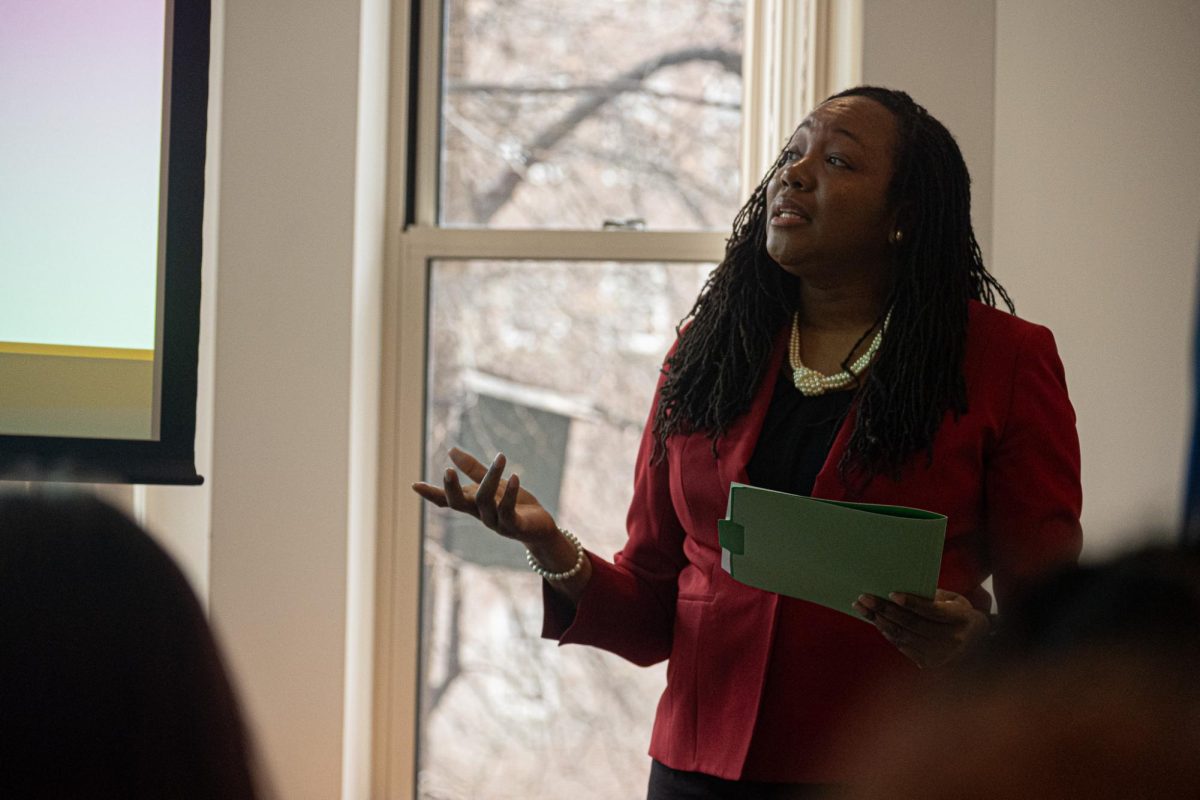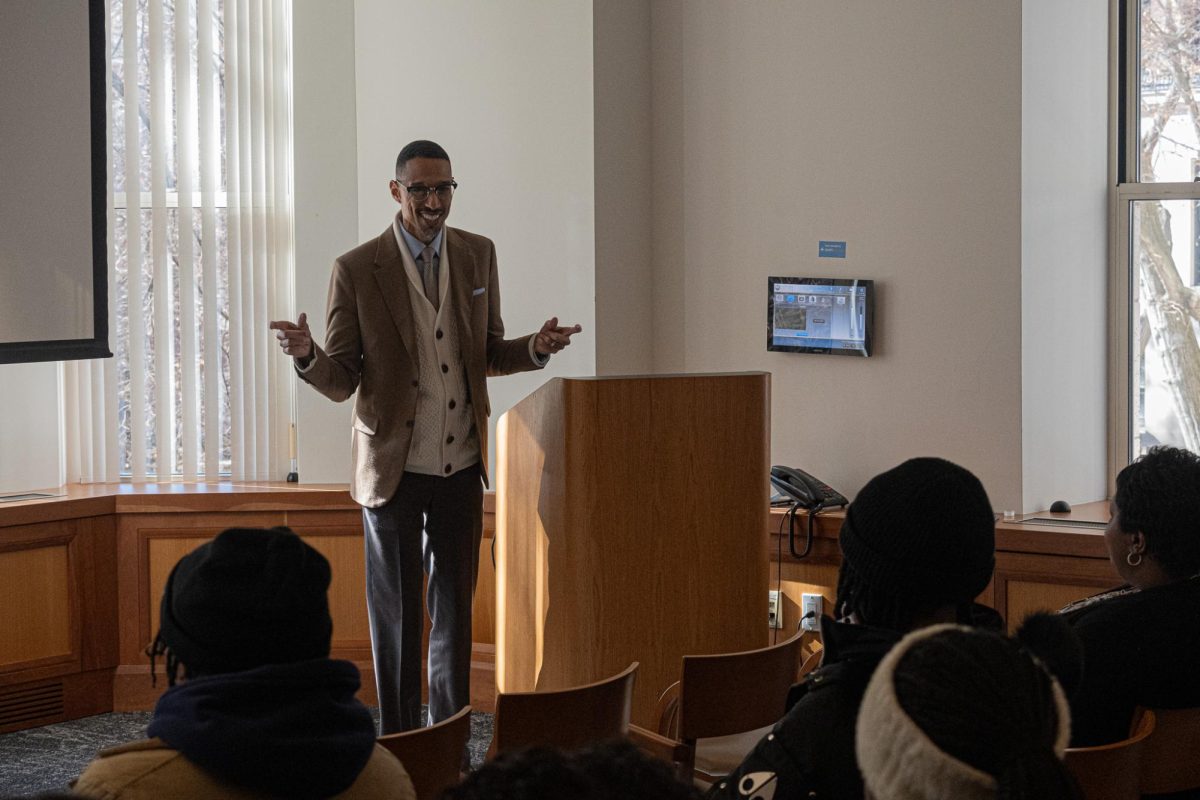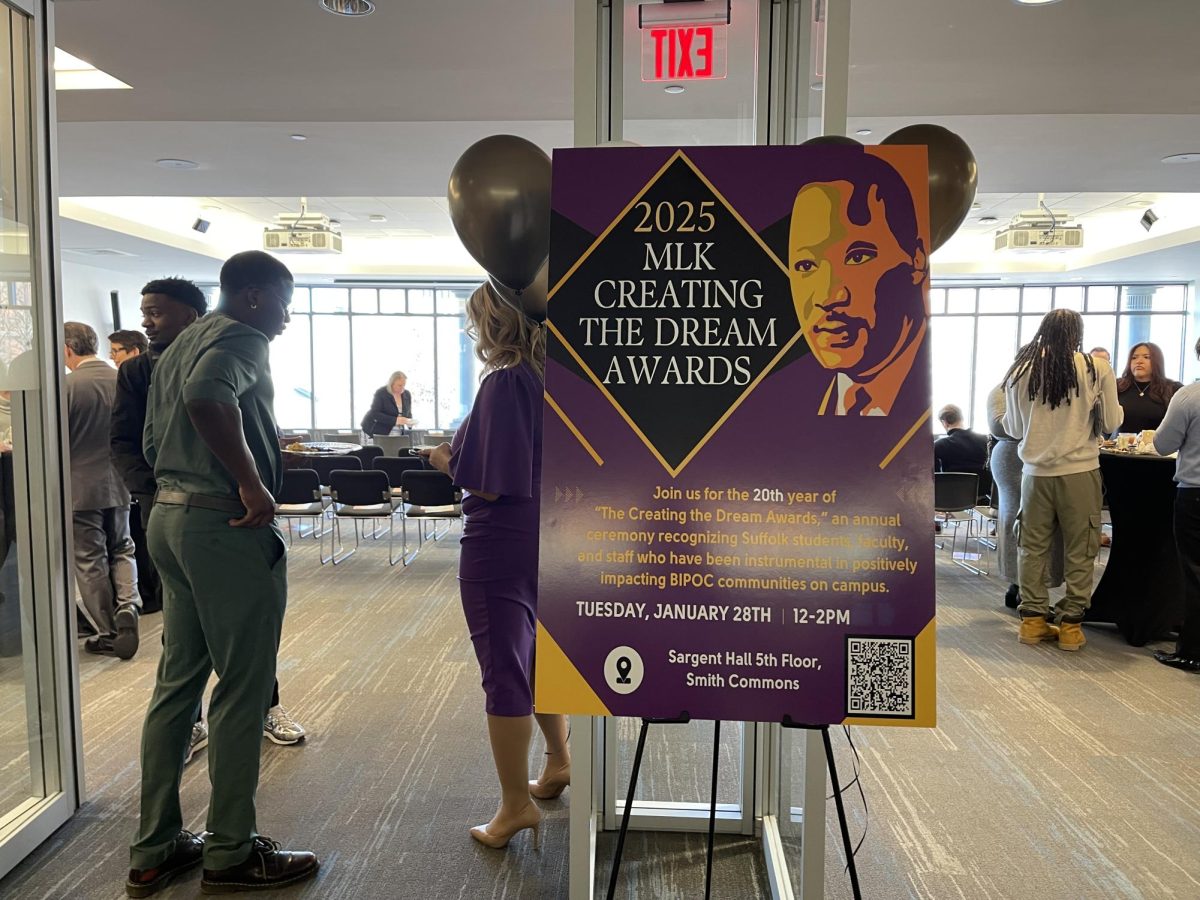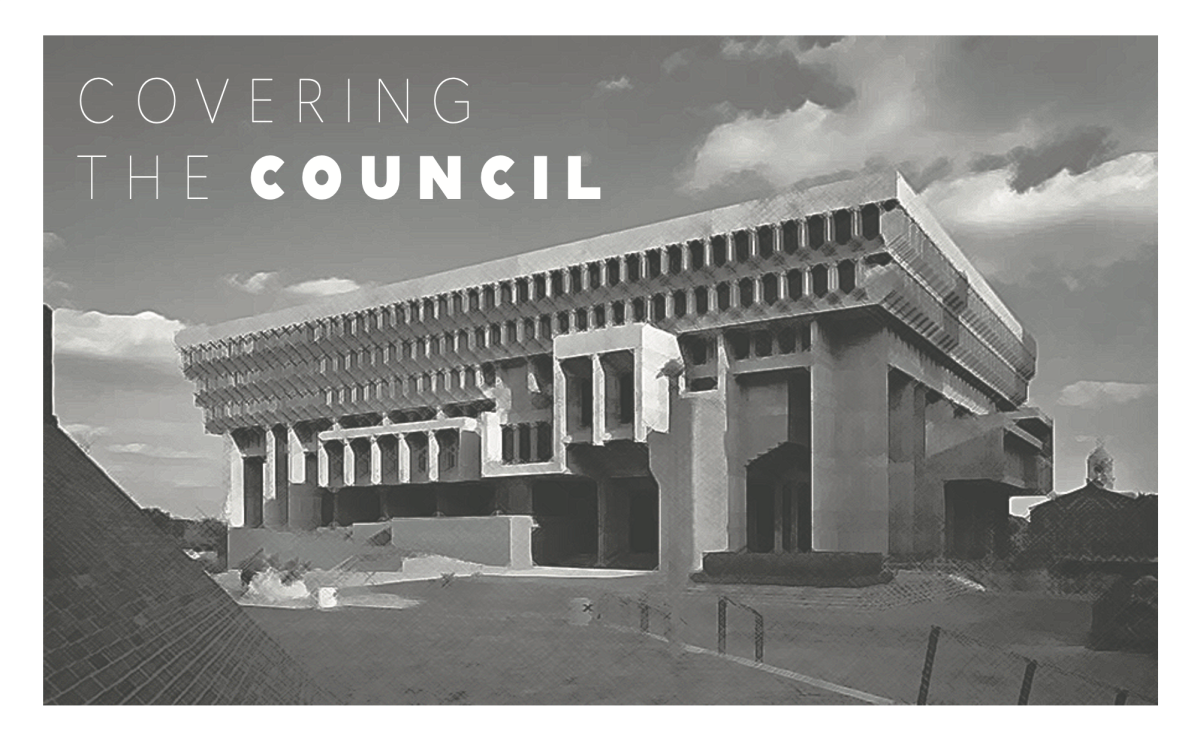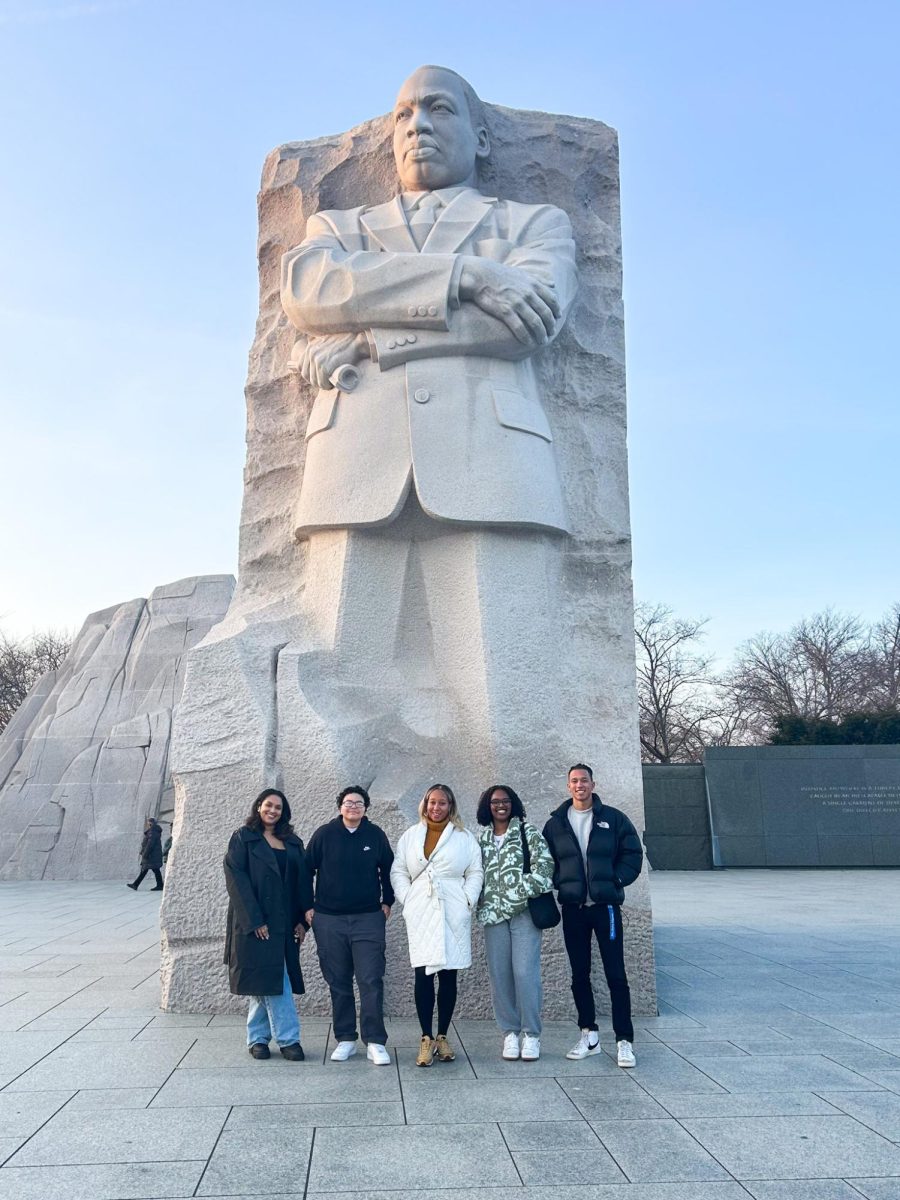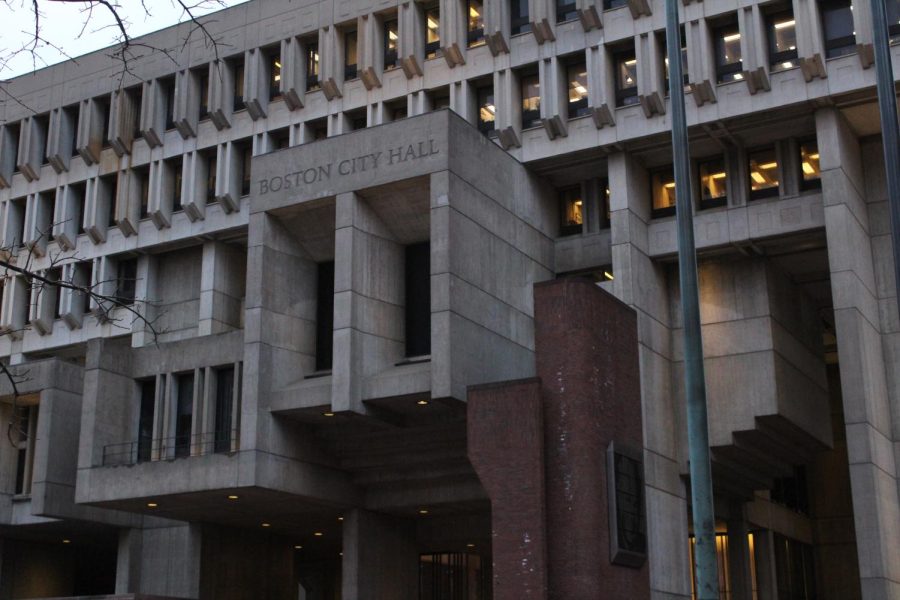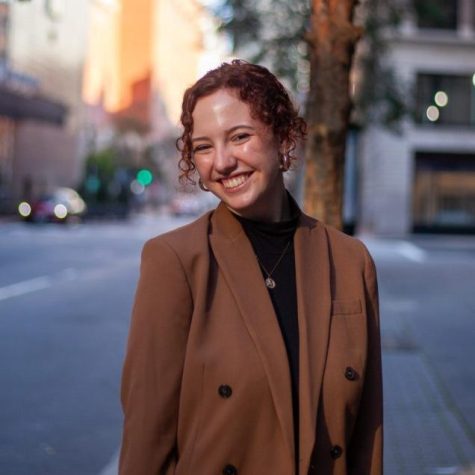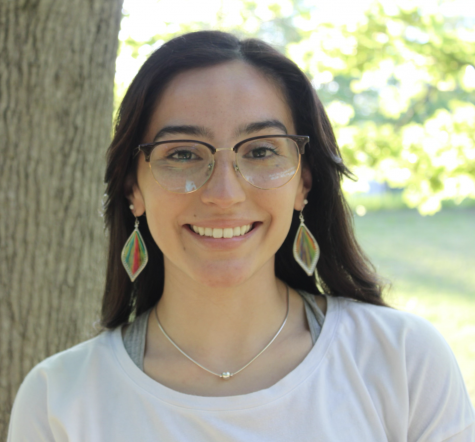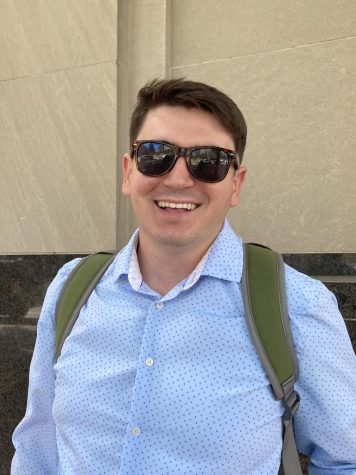Suffolk University’s bias reporting system allows students to report discrimination on campus, protecting the Suffolk community in both Boston and Madrid from hate.
If a student or staff member believes they have experienced a bias incident or hate crime, they are able to report the incident, choosing whether or not they wish to remain anonymous. A report should include what the incident was, when and where it occurred and any specific individuals involved.
“The bias reporting system is supposed to be a safe and welcoming environment for students to report any bias or hate incidents to Suffolk University, whether you were a target or a witness,” said Nathaly Lemus, the chair of the Student Government Association Diversity Committee.
Once a report is filed, it is reviewed and followed by an investigation if the coordinators find there is sufficient basis for one. Investigations into bias incidents include interviews, reviewing any documents and looking into additional evidence of incidents.
Suffolk University’s Diversity and Inclusion Council met with Dean Shawn Newton and Sheila Calkins on March 19, to discuss bias and Title IX at the university.
Suffolk’s Title IX office is run by Calkins, and prevents students from being excluded or discriminated against based on sex or gender. Calkins discussed how the office is mainly a resource for students, but can also navigate investigations when needed.
Additionally, Newton talked about Suffolk’s bias prevention intervention team, which meets regularly to examine the campus climate and anything that may need to be addressed.
When an issue is brought to these offices, Calkins and Newton emphasized the importance of student approval. The offices will not continue to the next step of responding to the incident without student permission. There is constant communication required with bias and Title IX offices.
“We want to make sure that the students are involved every step of the way and approve every step,” Calkins said.
The Suffolk Title IX website features common questions and answers regarding the basis of hate crimes, discrimination and other incidents. According to Newton, the platform aims to help students know if they have been a target and how they can go on to report it.
If a student or faculty members believes they have been a victim of a hate crime, they are encouraged to contact Suffolk police or Boston police, in addition to filing a report through the university.
Suffolk’s Department of Counseling Health and Wellness and the Interfaith Center are both open to students who wish to report and discuss the incident anonymously. Students are also encouraged to utilize these resources for their own mental health after experiencing any discrimination.
However, if students feel they do not want to come forward in any cases, Calkins and Newton said they will continue to support these students even if they do not want to take the next step in the reporting process.
“Take the time to address the concern, but also address your own individual needs,” Lemus said. “BIPOC have gone and continue to struggle on a day to day basis and we need to acknowledge the emotional and mental health exhaustion we experience.”
For more information on reporting incidents of discrimination to Suffolk University, click here.


